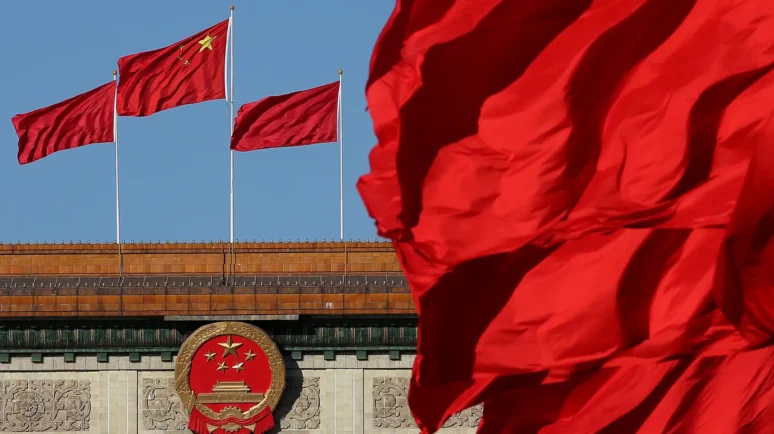Vanke and Country Garden Could Join Evergrande As China’s Housing Crisis Worsens

China Real Estate Crisis | Image: Photo by Feng Li/Getty Images
Key Takeaways
- Country Garden Holdings delays its earnings report amid ongoing real estate crisis in China.
- Another company Vanke Co. reports a record 46% drop in net profit.
- The crisis extends after alleged accounting fraud at China’s Evergrande, what is next?
The real estate crisis in China has extended to the country’s largest property firms. Country Garden Holdings Co. and China Vanke Co., both giants in the residential real estate sector are underlining financial troubles. The development comes after Evergrande’s alleged accounting fraud brought out the deep-rooted problems in the real estate market and the broader economy.
The Crumbling Giants of Chinese Real Estate
Country Garden Holdings Co. has unexpectedly announced a delay in its annual results reporting. The firm cited the need for additional information as the reason for missing the deadline, signaling underlying financial difficulties.
China Vanke Co., another leading developer, reported a 46% decrease in YoY net profit, the largest in its public history. The company reported a decline in profits, from 22.68 billion yuan (around $3b) in 2022 to 12.16 billion yuan (around $1.7b).
China Evergrande’s accounting scandal is now at the center of China’s real estate crisis. According to the Chinese Securities Regulatory Commission, Evergrande exaggerated its sales by 564 billion yuan (around $78b) and concocted profits of 92 billion yuan ( around $12.7b) over two years. Liquidators in Hong Kong are reportedly considering legal action against auditor PwC as part of recovery efforts.
While reports highlight the misconduct of its chairman Hui Ka-yan, systemic issues are plaguing China’s market.
Broader Economic Implications
According to research by Swiss Re, China’s property market woes are a mix of short-term cyclical and long-term structural issues. The short-term issues include things like the reduction in people’s income growth during the pandemic. The long-term issues involve deeper, more permanent changes, such as the decreasing number of people of working age in China, investments not paying off as much as before, and overall slower improvements in how efficiently resources are used in the economy.
As a ripple effect, both families and businesses are less confident, slowing down the country’s economic growth and increasing the chance of a liquidity trap. A liquidity trap is a situation where people prefer to hold onto their money rather than spend or invest, making economic recovery harder.
The report also finds that the government has taken steps to reduce leverage within the mortgage loans sector. Meanwhile, corporate debt in China, held by commercial banks, currently has low non-performing loan (NPL) ratios.
Swiss Re reported noted, “The likelihood of a broader financial crisis with global spillover effects, however, is limited, in our view.”
Deflation and Low Consumption
CCN previously reported that the real estate crisis is a major factor in China’s current economic status characterized by deflation and a slowdown in demand. Author and columnist Rituparna Chatterjee discussed the state of the Chinese economy with CCN.
She highlighted the impact of China’s deflation on global economics, urging a shift in perspective from conventional metrics to more holistic considerations like mental health and individual well-being.
She argues that the current economic trends, marked by unsustainable levels of consumption and investment, were bound to collapse.
Meanwhile, President Xi believes the economy is ‘sound and sustainable.’
China Faces Broader Struggles
The unfolding crisis in China’s real estate sector is unlikely to impact the global financial system as per analysts. However, it has become prolonged with Country Garden’s delayed earnings report, China Vanke’s substantial profit decline, and Evergrande’s alleged record-setting fraud.
The reports signal deep-seated issues contributing to the broader economic struggles of deflation and reduced demand in China.


